
Genetics, whether of the dog or of Homo sapiens, is never a simple subject that can be simply explained. Not only is genetics a science the determining units of which - the genes - are intangible even to the most powerful microscopes, it is not a science of individual cases. The laws of genetics rest upon statistical probabilities. Herein lies a trap for the novice breeder of dogs who, armed with a little genetic knowledge, sets forth to breed a dog that will go best in show at Westminster, paws down.
The likelihood of this being accomplished in a single breeding, even from a sire and dam of undeniable excellence, is of the same order as the total numbers in a Mexican lottery. It is true that in the lottery somebody wins, but we are stressing the probability, not the win. The dog breeder's object is to "rig" the lottery so that the probability of winning is increased. Not guaranteed, mind you, but only increased.
Several factors are in the breeder's favor. The dog matures rapidly and reproduces itself with great rapidity. The breeder can advance a generation in his breeding of dogs every year. Of the human species a generation requires a minimum of sixteen years and in actual fact is generally reckoned as being twenty-five years. A horse must be at least three years old before he is used for breeding and is seldom used so young.
Not only do dogs reproduce themselves at an early age, but bitches ordinarily produce numerous puppies at each pregnancy, the number varying from one to ten or twelve, according to the breed, the individual bitch and the fortuitous circumstances of the pregnancy.
This writer has had whelped in his own kennel as many as fifteen puppies in a single litter and there are many well authenticated cases of litters numbering twenty or more puppies. This multiplicity of puppies at a pregnancy serves a double purpose: it gives the breeder a numerous choice for his future breeding operations and leaves him puppies to be sold.
The cost of establishing and maintaining a kennel of dogs need not be great if discretion is used and many breeders who have only one or two bitches, not so much to save the cost of kennels for them as for the mere pleasure of their companionship, keep them in their own living quarters as a part of the family. A large kennel requires labor to care for it, but a breeder who has only a few dogs will derive pleasure and recreation from the care he devotes to them.
Despite the fact that there may be profit in the breeding of dogs, it is not for pure financial gain that it is here suggested that the avocation be undertaken. The successful breeder of dogs breeds dogs not for the money to be made, but for the love of dogs, their improvement, and the pride he derives from the ownership and breedership.
Undertaken merely for the money to be made from it, the breeding of dogs either will fail of that unworthy purpose or will degenerate into merely turning out great numbers of dogs without regard to their merits or the betterment of their breed. That is not breeding dogs at all. Breeding dogs is not an industry but is a hobby. It should surely pay its way, and if it be enough of a hobby and intelligently ridden it should yield its profits.
The possession of a good dog - especially if one has bred it oneself - is a ticket of admission to the inner shrine. At a dog show, millionaire or ditch digger, preacher or racketeer, socialite or scrub-woman, all meet on the level of equality of interest in dogs. Good luck with the breeding!
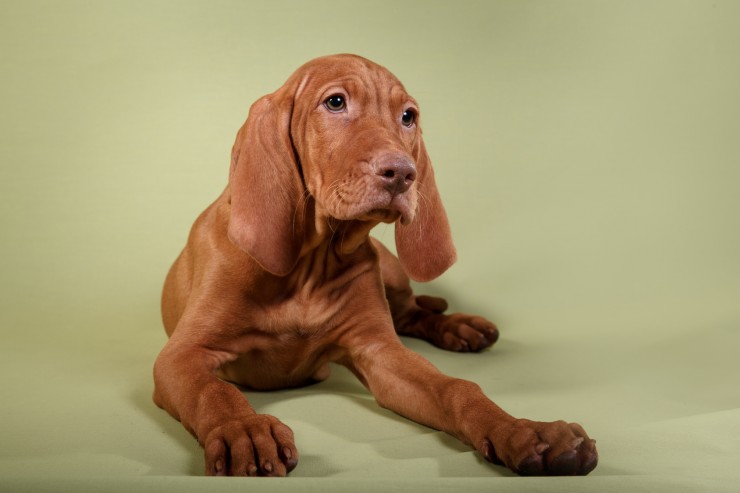 Five Universal Personality Traits Of The Hungarian Vizsla
Five Universal Pe
Five Universal Personality Traits Of The Hungarian Vizsla
Five Universal Pe
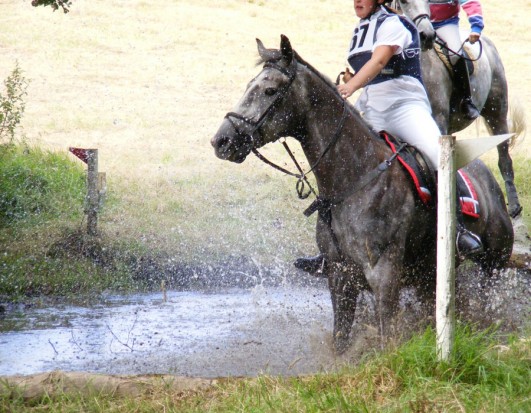 Introduction To Cross Country Horse Riding
Introduction To C
Introduction To Cross Country Horse Riding
Introduction To C
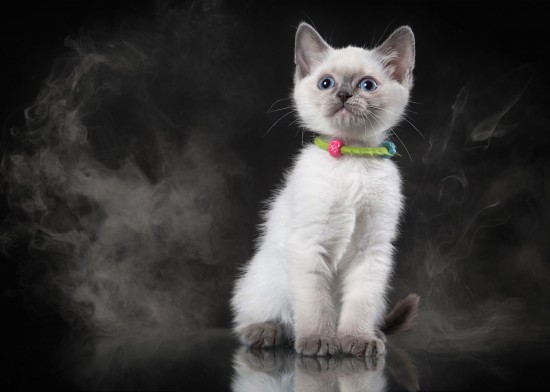 How Second Hand Smoke Affects Your Pets
How Second Hand S
How Second Hand Smoke Affects Your Pets
How Second Hand S
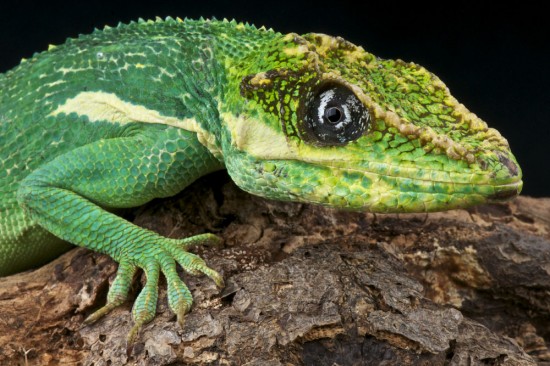 Metabolic Bone Disease ( Or Mbd ) In Reptiles
Metabolic Bone Di
Metabolic Bone Disease ( Or Mbd ) In Reptiles
Metabolic Bone Di
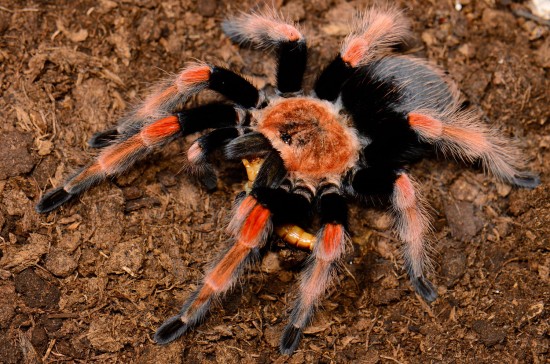 Common Questions And Misconceptions About Tarantulas
Common Questions
Common Questions And Misconceptions About Tarantulas
Common Questions
Copyright © 2005-2016 Pet Information All Rights Reserved
Contact us: www162date@outlook.com